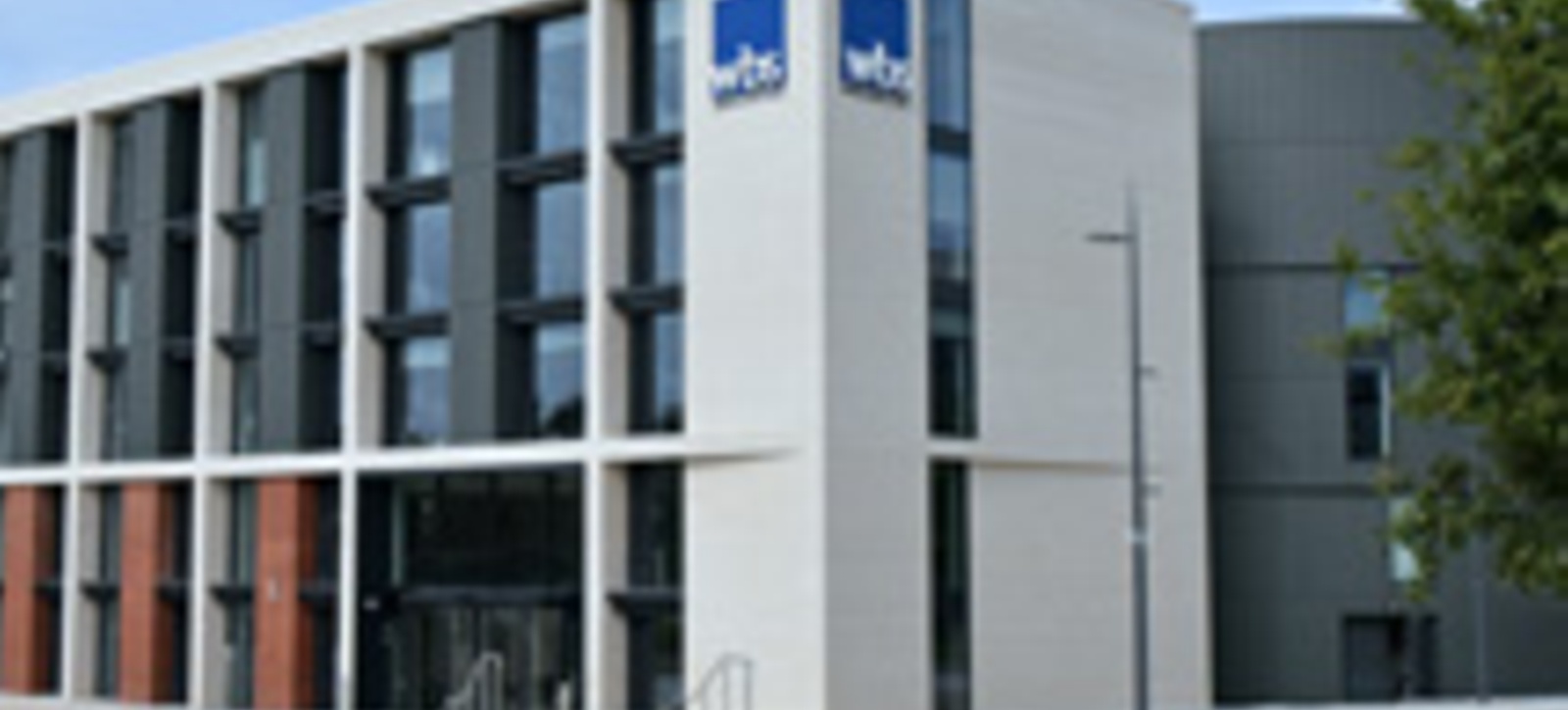
- WBS PhD students win Eurostat’s European-wide stats competition
- Their UK inflation analysis impressed at Big Data Official Statistic Competition
- The students used a combination of models to achieve their winning results
- Students will now present methodology at an event in Brussels
WBS PhD students have won a European competition with their accurate predictions of UK inflation in 2016.
Under the guidance of Professor Ana Galvao and Professor Anthony Garratt of the Economic Modelling and Forecasting (EMF) Group, the students emerged victorious in the inaugural Big Data Official Statistic Competition organised by Eurostat, the statistical office of the European Union.
Related courses: PhD Programme
The methodology behind these forecasts will now be presented at the New Techniques and Technologies for Statistics (NTTS) Conference in Brussels in March.
Danilo Cascaldi-Garcia, a third-year PhD student in Economic Modelling and Forecasting, described their approach as a combination of different models.
“Our approach was an application of the idea that it is hard to find a forecasting model that does well all the time, so it is better to combine a set of forecasts from a range of forecasting models,” said Danilo, the group’s team leader.
“These models are ‘state-of-art’ statistical models that exploit a wide range of economic indicators to predict inflation.”

Eurostat was established in 1953 and has developed into the statistical office of the European Union. It has a mission to provide high-quality statistics for Europe by providing fellow Directorate-Generals of the European Commission with data to define, implement and analyse policies.
The NTTS conference the WBS PhD students will present at is organised by Eurostat and focuses on discussing new techniques and methods for official statistics as well as discussing the impact of new technology on statistical collection.
Kolja Johannsen, a third-year PhD student in Finance, added: “We’re very pleased to see all the hard work developing the MATLAB code rewarded by the top position in predicting UK inflation.”
Ingomar Krohn, also a third-year PhD student in Finance, said: “I was happy to contribute to the development of the forecasting system and in the computation of the forecasts every month during 2016, which has provided me with valuable experience of macroeconomic forecasting”.
Professor Ana Galvao, who used her experience from developing the WBS forecasting system to suggest models and approaches for the team of PhD students, believes the result showed the value of such models for predicting future events.
“This forecasting result suggests a useful role for statistically based models to predict future events, even when we face possible changes in the economy from political events such as Brexit,” added Professor Galvao.
Professor Anthony Garratt struck a note of caution on the unpredictable nature of forecasting, however.
Professor Garratt said: “Winning a competition comprised of relatively few evaluation periods does not mean you will always win using a given model or methodology, as we know that a single model is unlikely to always be the best model in a changing and unstable economic environment.”
Ana Galvao teaches Economics of the Business Environment on the Executive MBA and Executive MBA (London). She also teaches Economics for Management and Business and Forecasting for Decision Makers on the MSc Management.
Anthony Garratt teaches Economics in a Global Environment on the Executive MBA and MSc Management. He also teaches Empirical Applications in Macro, Financial and Energy Economics on the MSc Finance and Quantitative Methods for Finance on the Finance PhD Programme




 X
X Facebook
Facebook LinkedIn
LinkedIn YouTube
YouTube Instagram
Instagram Tiktok
Tiktok